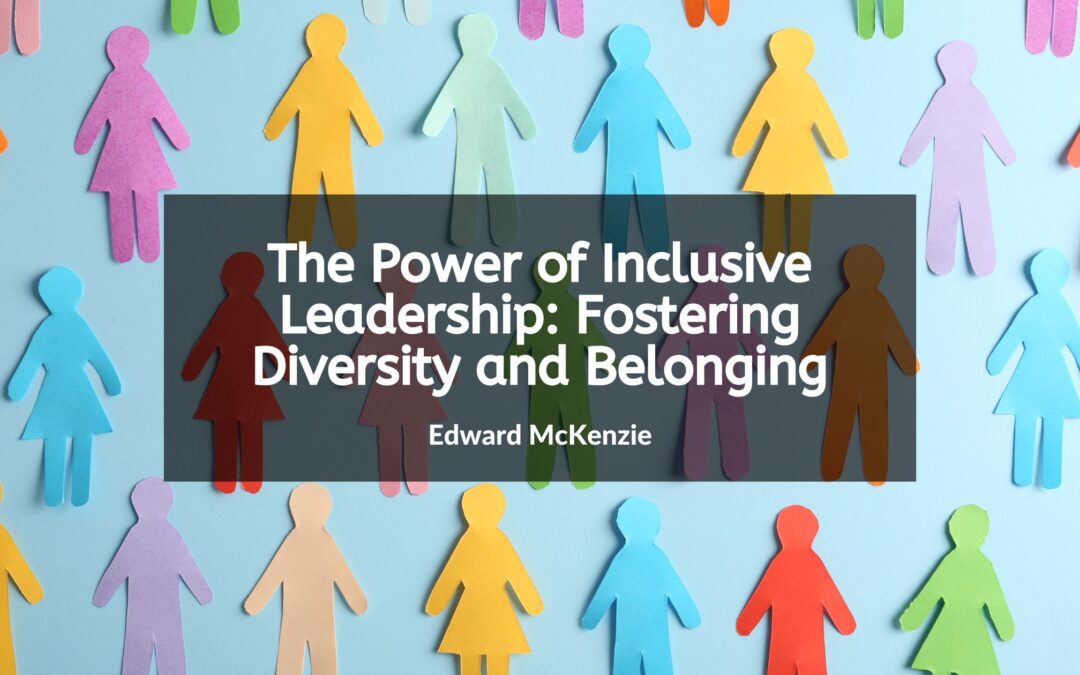In today’s interconnected and diverse world, the power of inclusive leadership cannot be overstated. Inclusive leadership is a style of leadership that actively seeks to engage and embrace diversity in all its forms, fostering a sense of belonging among team members. It goes beyond acknowledging differences; it involves creating an environment where everyone feels valued, respected, and empowered to contribute their unique perspectives and talents. The benefits of inclusive leadership are numerous and far-reaching, impacting individuals, teams, and organizations as a whole.
Appreciating Diversity
At its core, inclusive leadership is about recognizing and appreciating the inherent value of diversity. Diversity encompasses differences in gender, race, ethnicity, age, sexual orientation, physical abilities, and more. An inclusive leader understands that diverse perspectives lead to better decision-making, increased innovation, and enhanced problem-solving capabilities. By actively seeking out and leveraging these diverse viewpoints, inclusive leaders can make more informed and balanced choices that drive positive outcomes for their teams and organizations.
Qualities & Behaviors of Inclusive Leaders
To be an inclusive leader, one must possess certain qualities and engage in specific behaviors. Firstly, inclusive leaders must be self-aware and understand their biases and privileges. They continuously strive to educate themselves and challenge their preconceptions. They actively seek feedback and are open to learning from others. Inclusive leaders also demonstrate empathy and actively listen to diverse perspectives, trying to understand and address the unique challenges different individuals or groups face.
Cultivating a Culture of Inclusion
Moreover, inclusive leaders cultivate a culture of inclusion by ensuring equitable access to opportunities and resources. They champion diversity in recruitment and promotion practices, striving for diverse representation at all levels of the organization. Inclusive leaders create platforms for marginalized voices to be heard and actively work to dismantle systemic barriers that hinder the progress of underrepresented groups. They promote a climate of ongoing learning and give team members opportunities for training and development to improve their cultural competency and understanding.
Beyond the Team
The impact of inclusive leadership extends beyond individual teams. Organizations that embrace inclusive leadership tend to have higher employee engagement, lower turnover rates, and improved financial performance. They attract and retain top talent from diverse backgrounds, bringing a wealth of perspectives and experiences. Inclusive organizations are more adaptable, resilient, and better equipped to navigate complex challenges in an ever-evolving global landscape.
The power of inclusive leadership lies in its ability to foster diversity and belonging. Recognizing the significance of many viewpoints, inclusive leaders aggressively encourage an atmosphere where everyone feels included, appreciated, and empowered. By embracing inclusivity, organizations can harness the full potential of their diverse workforce, leading to greater innovation, collaboration, and success. Inclusive leadership is not only the right thing to do but also a strategic imperative for organizations to thrive in today’s diverse and interconnected world.
